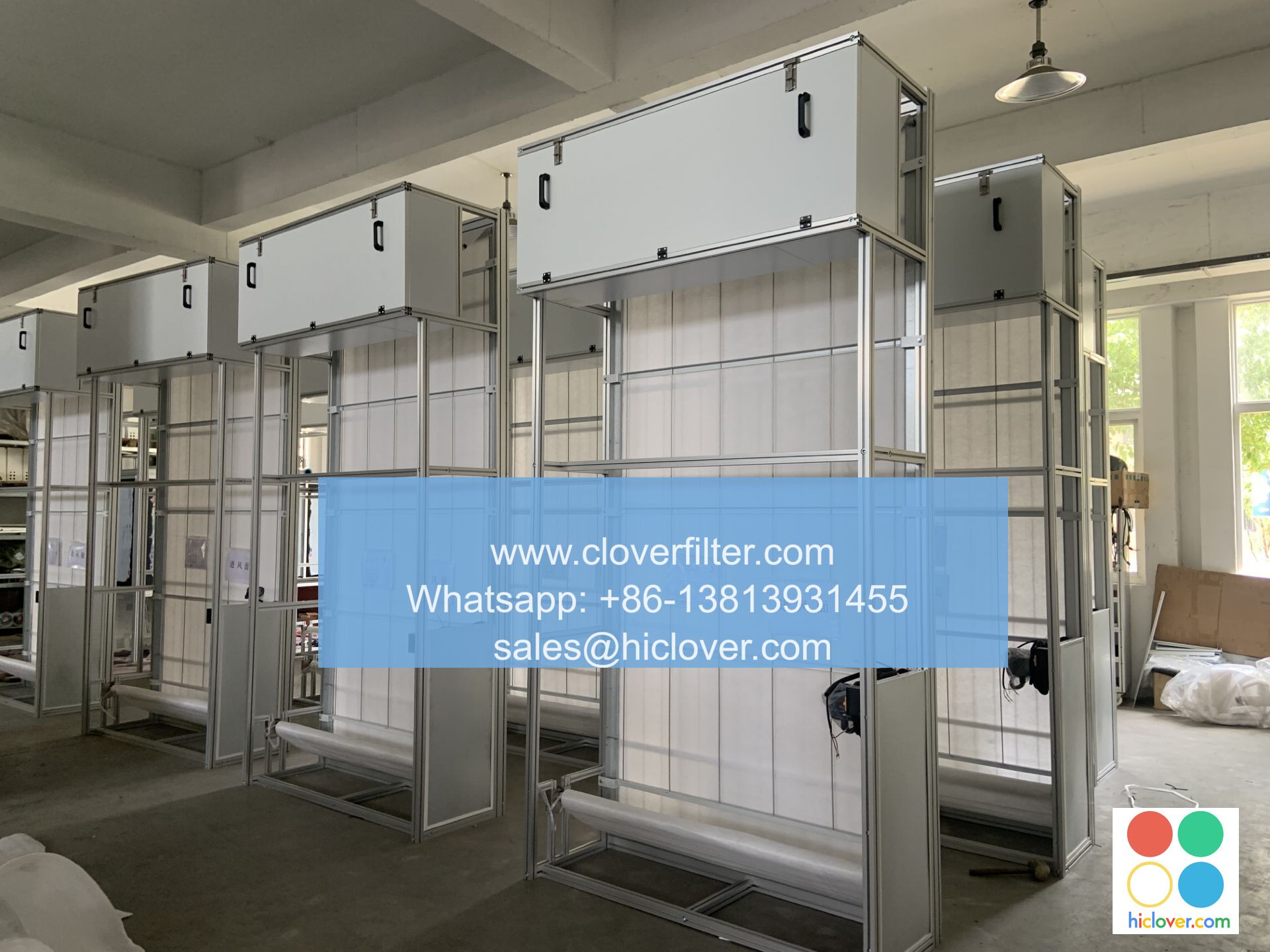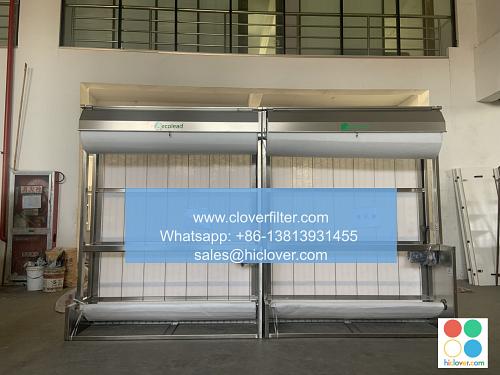Can Air Filters Help with Mold and Mildew in Your Home?

Mold and mildew are common problems that many homeowners face, particularly in areas with high humidity. These fungi can cause a range of issues, from unpleasant odors and unsightly stains to serious health problems. One potential solution to this problem is the use of air filters, but can they really help to reduce mold and mildew growth in your home? In this article, we will explore the relationship between air filtration systems and mold and mildew, and discuss how HEPA air purifiers and activated carbon filters can be used to improve indoor air quality and prevent mold and mildew growth.
How Mold and Mildew Grow
Mold and mildew are types of fungi that thrive in damp environments. They can grow on a variety of surfaces, including walls, ceilings, and floors, and can be found in areas with poor ventilation and high humidity. Mold remediation and mildew removal can be challenging and expensive, which is why it’s essential to take steps to prevent their growth in the first place. One way to do this is by using air cleaning systems that can remove mold spores and other airborne pollutants from the air.
The Role of Air Filters in Preventing Mold and Mildew
Air filters can play a crucial role in preventing mold and mildew growth by removing moisture and reducing humidity in the air. By using a dehumidifying air purifier or a whole-house air filtration system, you can help to create an environment that is less conducive to mold and mildew growth. Additionally, air filters can help to remove mold spores and other airborne pollutants from the air, which can help to prevent the spread of mold and mildew.
Types of Air Filters That Can Help with Mold and Mildew
There are several types of air filters that can be used to help with mold and mildew, including:
* HEPA air purifiers: These filters are designed to capture 99.97% of particles as small as 0.3 microns, including mold spores and other airborne pollutants.
* Activated carbon filters: These filters are designed to capture gases and odors, including those caused by mold and mildew.
* Ultraviolet (UV) light air purifiers: These filters use UV light to kill mold and mildew, as well as other microorganisms.
Application Areas for Air Filters
Air filters can be used in a variety of application areas to help with mold and mildew, including:
* Basements and crawlspaces: These areas are prone to high humidity and can be susceptible to mold and mildew growth.
* Bathrooms and kitchens: These areas are often subject to high humidity and can be prone to mold and mildew growth.
* Indoor swimming pools: These areas can be prone to high humidity and can be susceptible to mold and mildew growth.
* Commercial buildings: Air filters can be used in commercial buildings to help prevent mold and mildew growth and improve indoor air quality.
Conclusion
In conclusion, air filters can be a useful tool in the fight against mold and mildew in your home. By removing moisture and reducing humidity in the air, air filters can help to create an environment that is less conducive to mold and mildew growth. Additionally, air filters can help to remove mold spores and other airborne pollutants from the air, which can help to prevent the spread of mold and mildew. Whether you’re looking to improve indoor air quality in your home or prevent mold and mildew growth in a commercial building, air filters are definitely worth considering. It seems like you’re ready to ask a question or provide a prompt for me to respond to. What’s on your mind?

